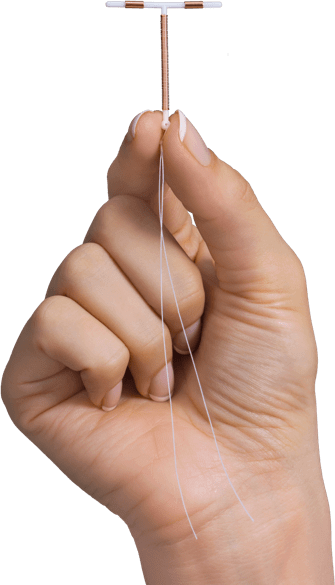You should not use Paragard if you:
- Are or might be pregnant
- Have an abnormally shaped uterus
- Have a pelvic infection called pelvic inflammatory disease (PID), or have current behavior that puts you at high risk of PID
- Have had an infection in your uterus after a pregnancy or an abortion in the past 3 months
- Get infections easily
- Have an infection in your cervix
- Have cancer of the uterus or cervix
- Have unexplained bleeding from your vagina
- Have a previously placed IUD that has not been removed
- Have Wilson’s disease
- Are allergic to any component of Paragard
Before having Paragard placed, tell your healthcare provider if you have any of the conditions listed above, a slow heart beat, dizziness, seizures, recently had a baby or if you are breastfeeding, have AIDS, HIV, or any other sexually transmitted infection.





